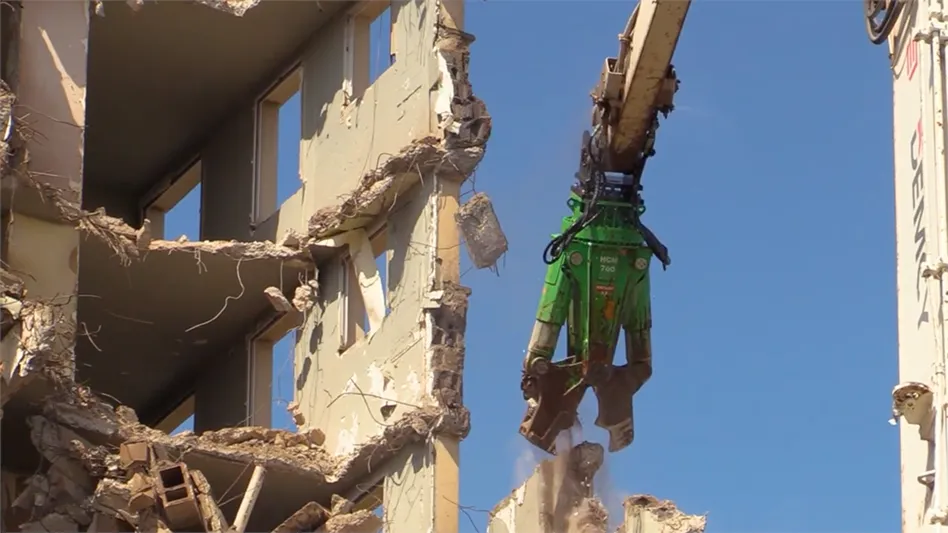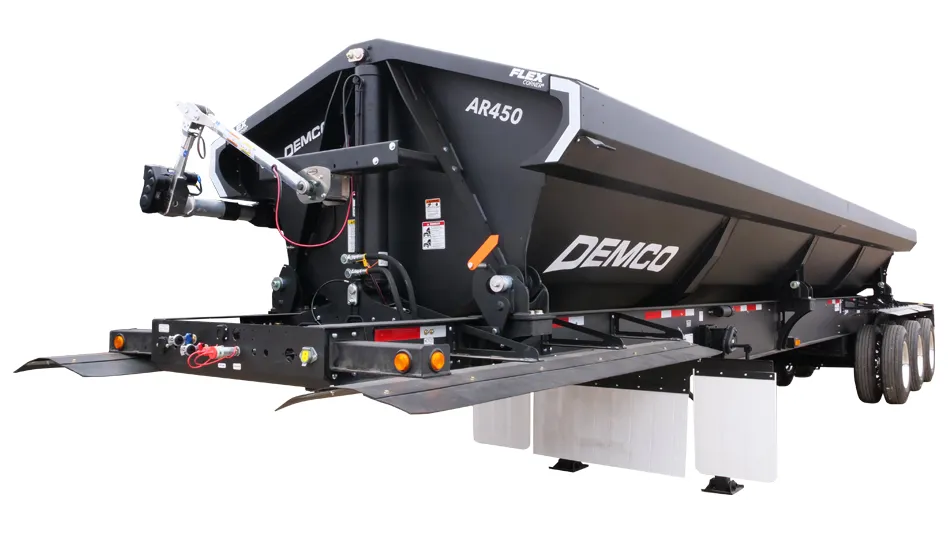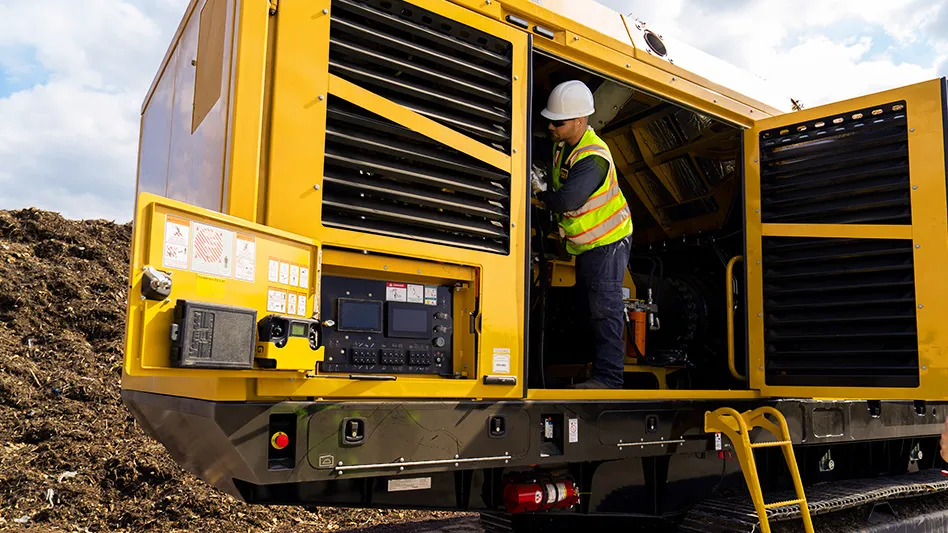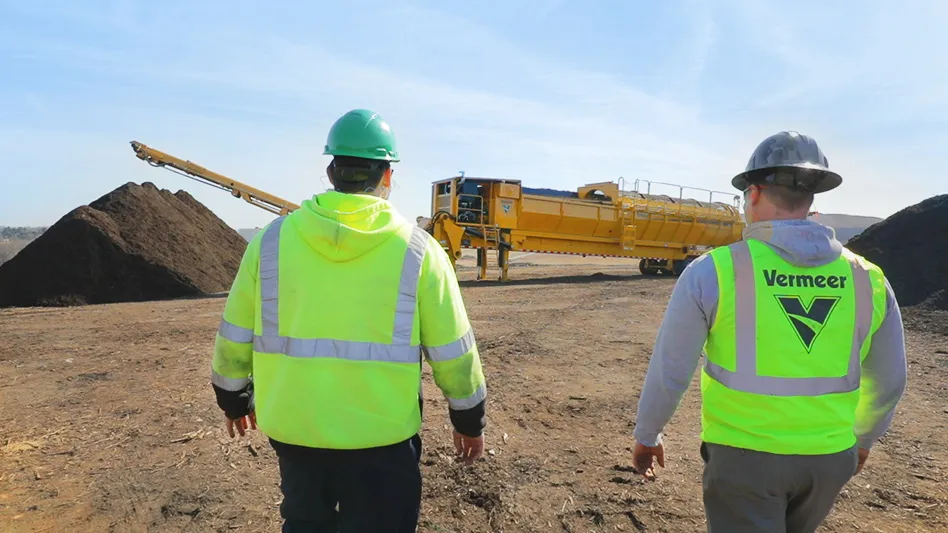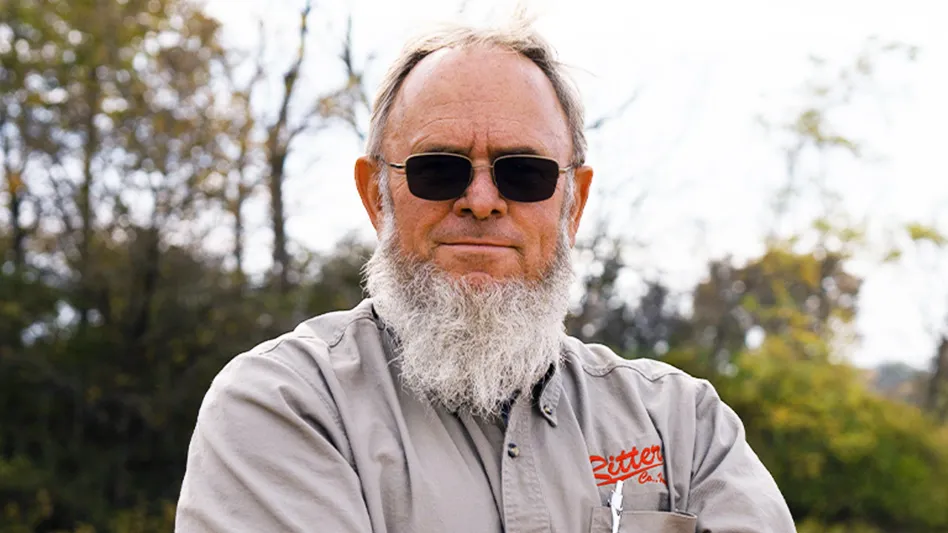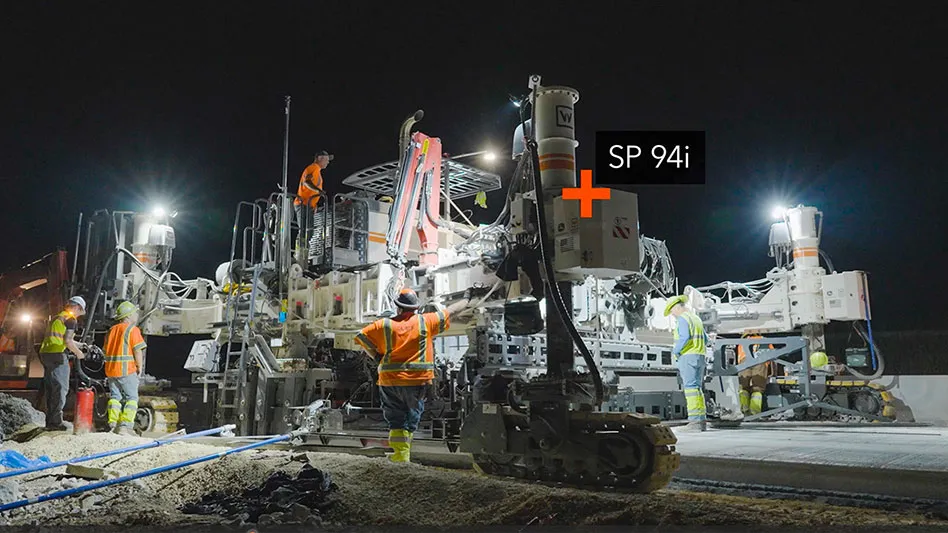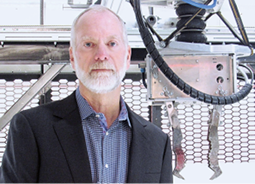
Michael Gross got his start in the waste and recycling industry in the 1970s while he was just a junior in high school after his brother asked him to help run one of his small Northern California hauling companies. Forty years later, Gross now serves as director of sustainability at San Jose, California-based Zanker Recycling, where his efforts to help lead some of the most advanced construction and demolition (C&D) recycling programs in the country earned him a recent induction into the Construction & Demolition Recycling Association (CDRA) Hall of Fame.
Construction & Demolition Recyclingtalked with Gross about leveraging technology in recycling, the importance of a strong team and what it takes to run a successful C&D recycling operation.
Construction & Demolition Recycling (C&DR): Finding end markets and dealing with regulations are unique challenges for C&D recyclers. Being in California, what have you learned being one of the companies on the forefront of tackling some of these challenges?
Michael Gross (MG): Markets are everything—without them, everything just goes to landfill, and we have accomplished nothing in the recycling world. We’re lucky because here on the West Coast, we have access to international markets that the rest of the country doesn’t have for some of the recyclables. We also have access to an incredible market with farmers for our organics and gypsum. The major takeaway is that markets exist in some unusual places, and it not only takes a dedicated focus to develop these, but it also requires you to spend the time and capital on making a clean product. As demonstrated with China’s National Sword, cleanliness is the key to markets.
At Zanker, we’re all about planning for the future. We’re looking at making a tremendous amount of changes in our operations so we can continue to diversify our markets and make our products cleaner and more marketable.
C&DR: Can you talk about your pursuit of new technologies, sorting methods and constant innovation at Zanker?
MG: Zanker’s managing partners have never been risk-averse, and they look at innovation and new technologies to spring ahead of the competition or to develop new recycling operations. To compete against landfills and all the large corporations, innovation was our way to not only compete, but to thrive. One of the managing partners of Zanker, Jesse Weigel, would say, “If you’re not innovating, your dying on the vine.” That pretty well describes our company’s philosophy.C&DR: Can you talk about the deployment of robotics and artificial intelligence (AI) for C&D recycling?
MG: Plexus and ZenRobotics approached us several years ago to discuss using their system in our existing operations. We had just completed a very challenging construction and startup and decided to wait until somebody else worked out the bugs in AI. Walter Biel at Recon Services in Austin, Texas, took on that challenge and was the first guy in the U.S. to embrace this new technology.Because of our increasing tonnages and decreasing diversion rates at our facility, we decided to construct an entire new sorting operation that included robots instead of utilizing an existing operation. AI is bringing reliability to our industry by increasing not only our diversion rates but also the cleanliness of our commodities. AI is here to stay and quickly becoming the new norm.
C&DR: What does it take to run a successful C&D recycling facility today while planning for the future?
MG: That is simple—a great team. It’s not just one individual, but the power of a group that determines an operation’s success. As for planning for the future, it’s still about your team. Zanker is a firm believer in our next generation, and that is why we have embarked on a program of developing our future leaders at Zanker through our comprehensive mentoring and training programs.
Explore the July August 2019 Issue
Check out more from this issue and find you next story to read.
Latest from Construction & Demolition Recycling
- EPA announces $3B to replace lead service lines
- NWRA honors award recipients during annual breakfast at WasteExpo
- Safe Fleet, ITA Dynamics unveil integrated financial, route management system
- Bateman unveils 210 series orange peel grapple
- Republic reports first quarter growth
- Meridian Waste completes second acquisition of 2024
- NEPA revisions could delay critical infrastructure, ABC says
- Liebherr USA announces new divisional director
